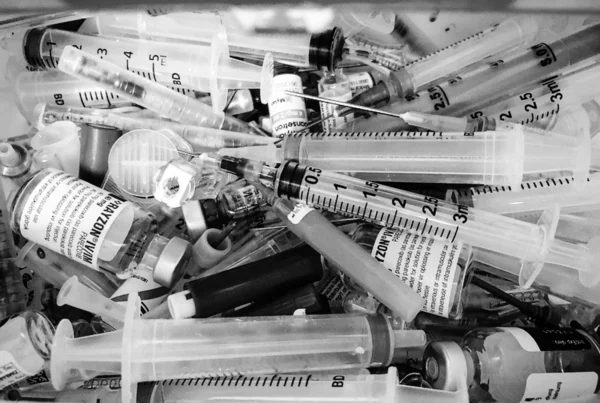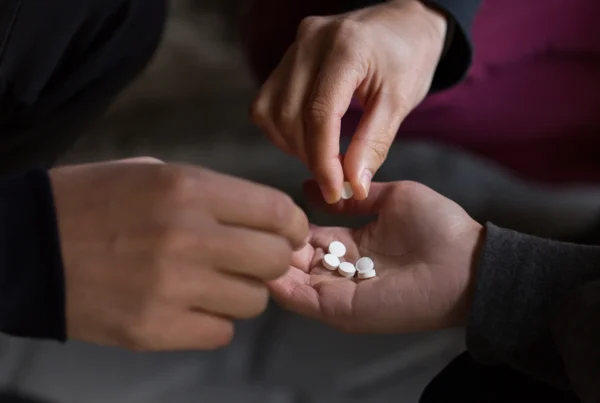
Table of Contents
Relapse: A Deadly Teacher
Relapse is one of the hardest things to discuss in recovery, especially in a conversation between someone with some time and an individual in early recovery. On the one hand, you want to let a newcomer know that relapses happen. They are by no means uncommon. Furthermore, relapses can be great teachers and motivators on the road to recovery. But on the other hand, relapses are often deadly. And one certainly doesn’t want to give a newcomer the impression that falling off the wagon is no big deal. It’s a tight rope to walk between these two poles, but compassionate honesty and openness are the best ways to navigate them. So, with that in mind, let’s talk about relapse.
One Out of Every Two
Relapses happen. The chronic nature of addiction makes them pretty common. According to the National Institute on Drug Abuse, the relapse rate for substance abuse disorder is between 40% and 60%. Roughly, then, for those in recovery, 1 out of every 2 will deal with one at some point. So, if you’ve just relapsed and feel hopeless and down and yourself, please don’t be discouraged. Know that plenty of people have gone through it and try to learn from your mistakes. While it might be difficult to do right now, you should try being grateful. We have all heard the stories about the addicts who have some clean time, relapse with an amount they were using while their tolerance was higher, and overdose. Be thankful that you have another shot at recovery.
Sowing the Seeds of a Relapse
In the moment, it might feel like a relapse comes out of nowhere and takes you by surprise. In reality, a relapse starts sowing its seeds sometimes months in advance.
Some warning signs of a relapse are:
- Isolation from others, especially your sober support network
- Changes in hygiene or personal care
- Neglecting responsibilities like work or school
- Changes in sleep patterns
To some, those may sound extreme, more like behavior from an active addict than warning signs. But that’s the insidious nature of addiction. For example, you scale back from three weekly meetings to just one. That’s the beginning of withdrawal into isolation. You only hit the gym once this week, and you’ve gotten fast food five days in a row. Your personal care is slipping. This is how addiction worms its way back into your life. Many times, it’s a process that is several weeks or months in the making.
Reconnect and Refocus
If you’re coming off of a relapse, reconnect with your sober peers and mentors and be honest with them as well as with yourself. Refocus and get back to what works. And if you feel like you’re continually off the wagon and on again, consider checking in to a residential program in order to take yourself out of that life and learn a new way. The admissions specialists at Ocean Recovery are on call 24/7 to get you started, so please don’t hesitate to reach out.
Sources
Ocean Recovery has strict sourcing guidelines and relies on peer-reviewed studies, academic research institutions, and medical associations for our references. We avoid using tertiary references as our sources. You can learn more about how we source our references by reading our editorial policy.
1. National Institute on Drug Abuse. Treatment and Recovery. National Institute on Drug Abuse. Published July 2020. Accessed August 2, 2022. https://nida.nih.gov/publications/drugs-brains-behavior-science-addiction/treatment-recovery
OCEAN RECOVERY EDITORIAL GUIDELINES
The internet contains a vast amount of misinformation, but when it comes to your health only peer reviewed, research centered data matters. At Ocean Recovery, all content published throughout our website has been rigorously medically reviewed by a doctorate level clinician, and cross checked for medical accuracy. Our editorial process helps our readers trust that the information they are consuming is factual and based upon scientific data. Your health is our top priority, find out more about how we safeguard the integrity of information on our website. Read More About Our Process




